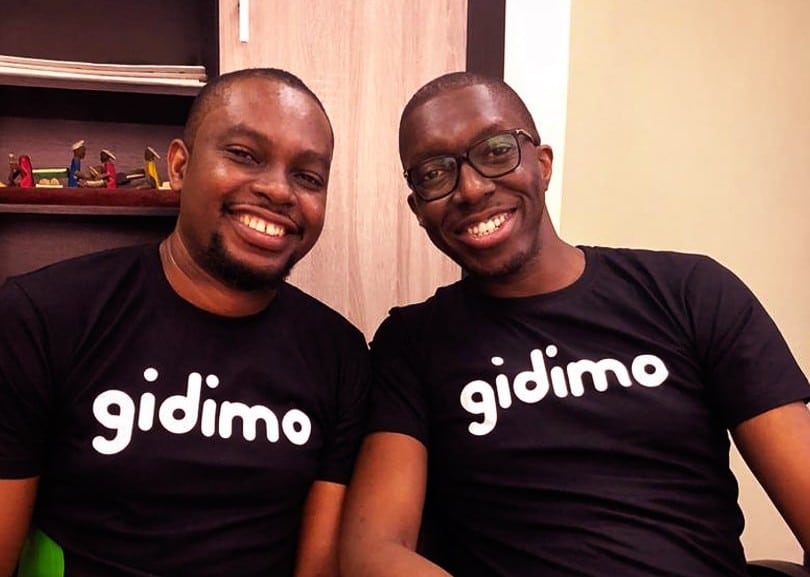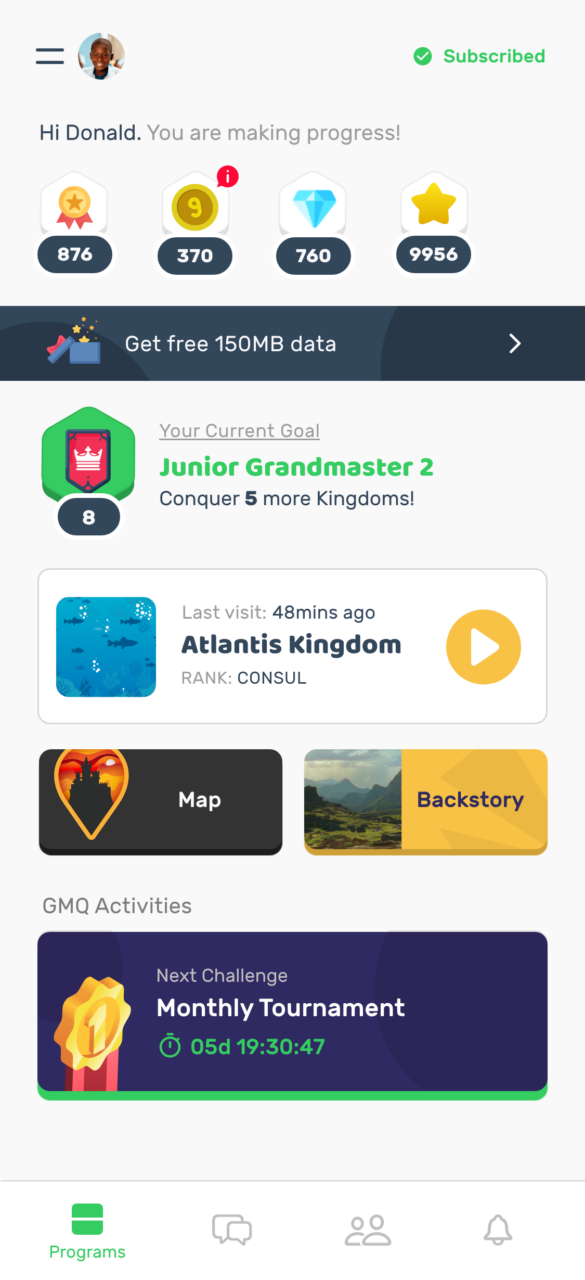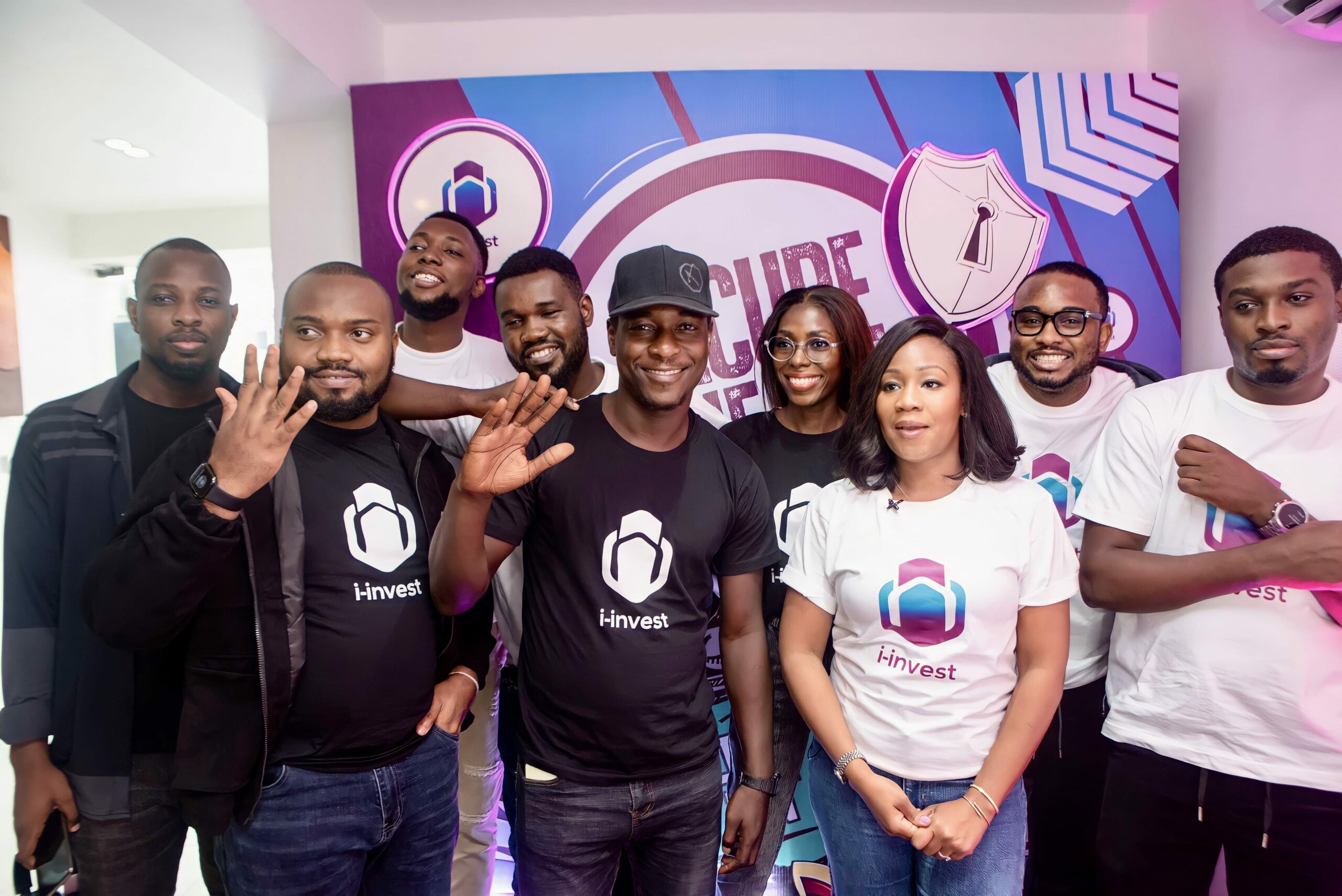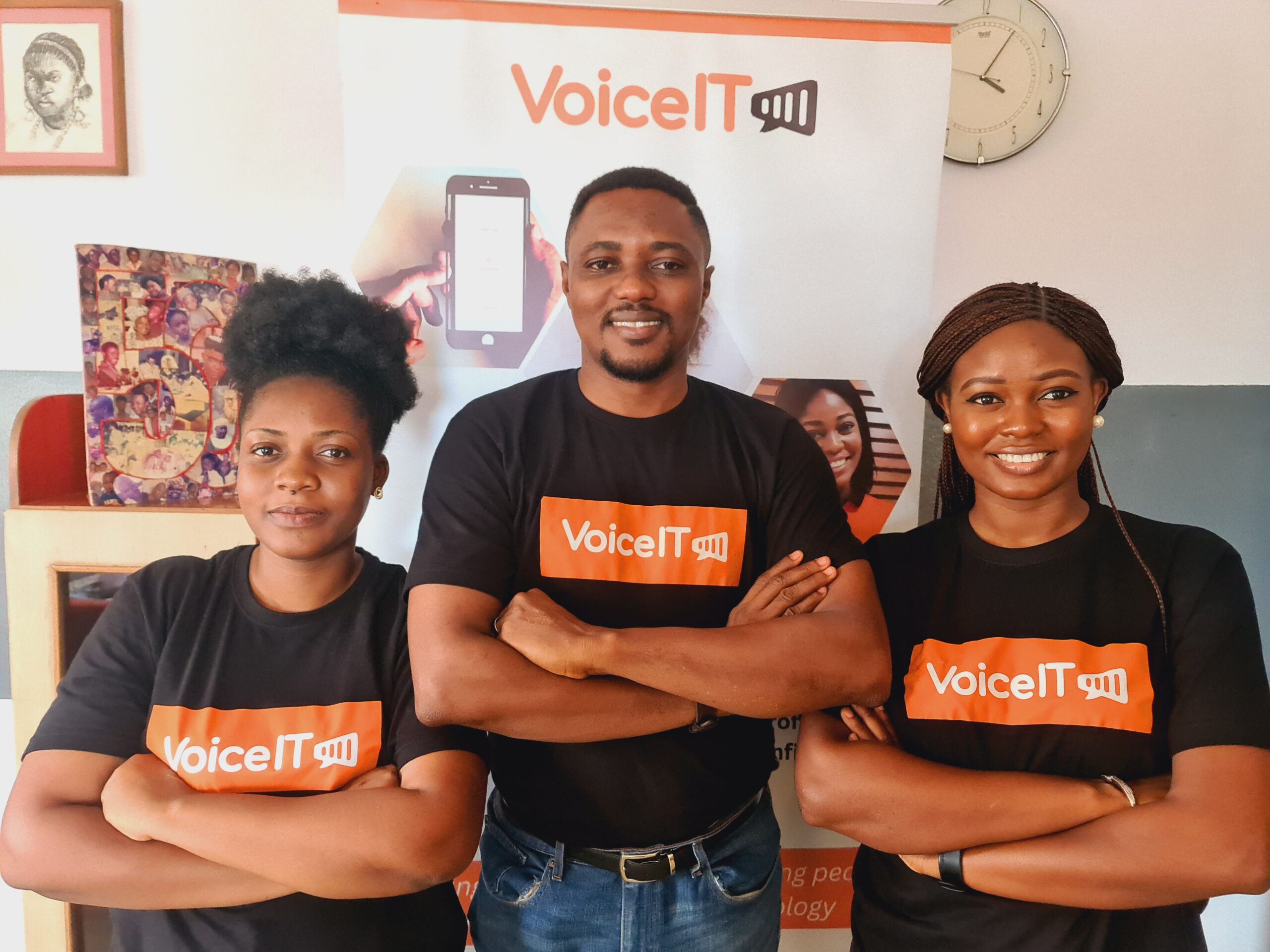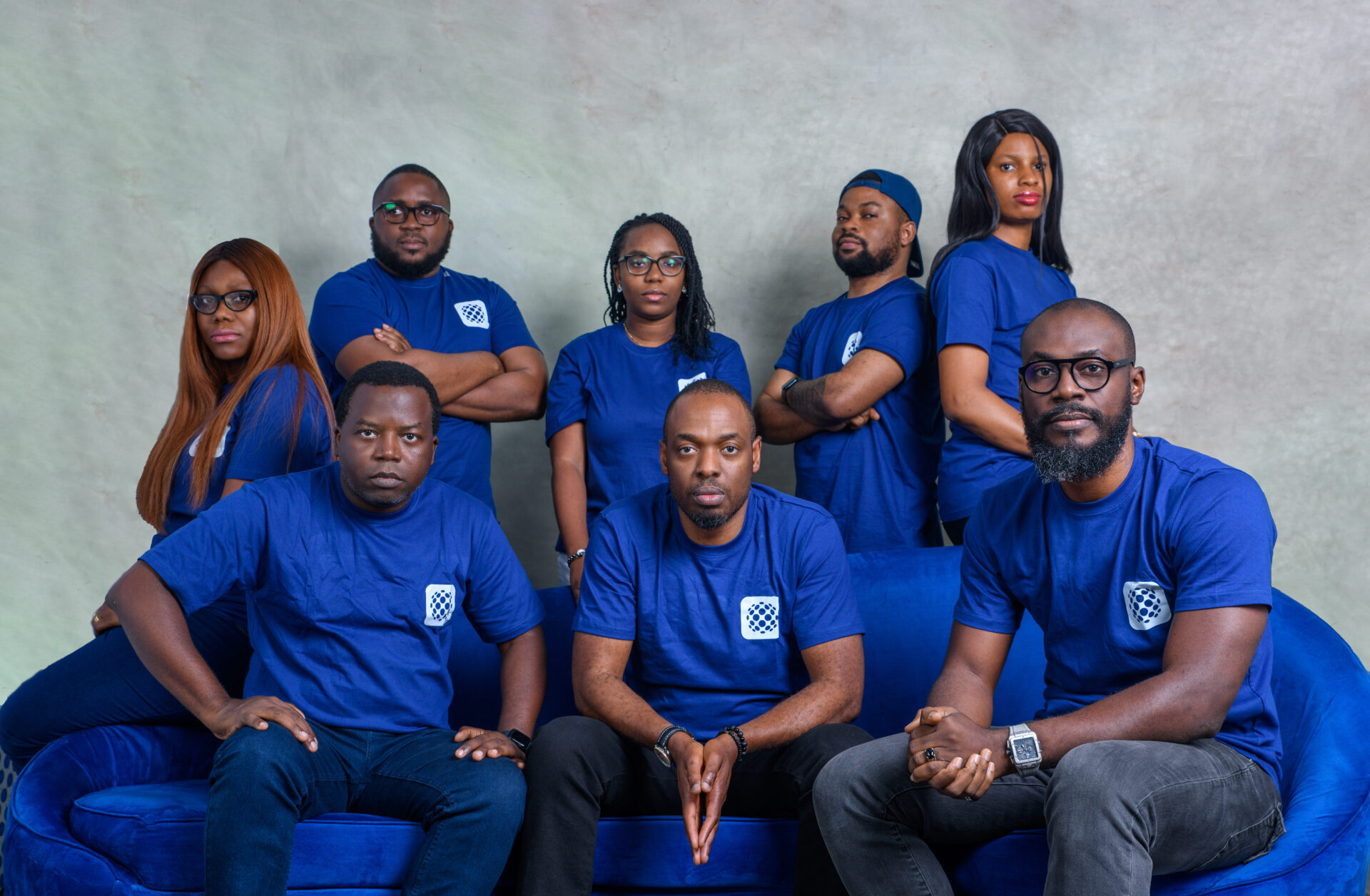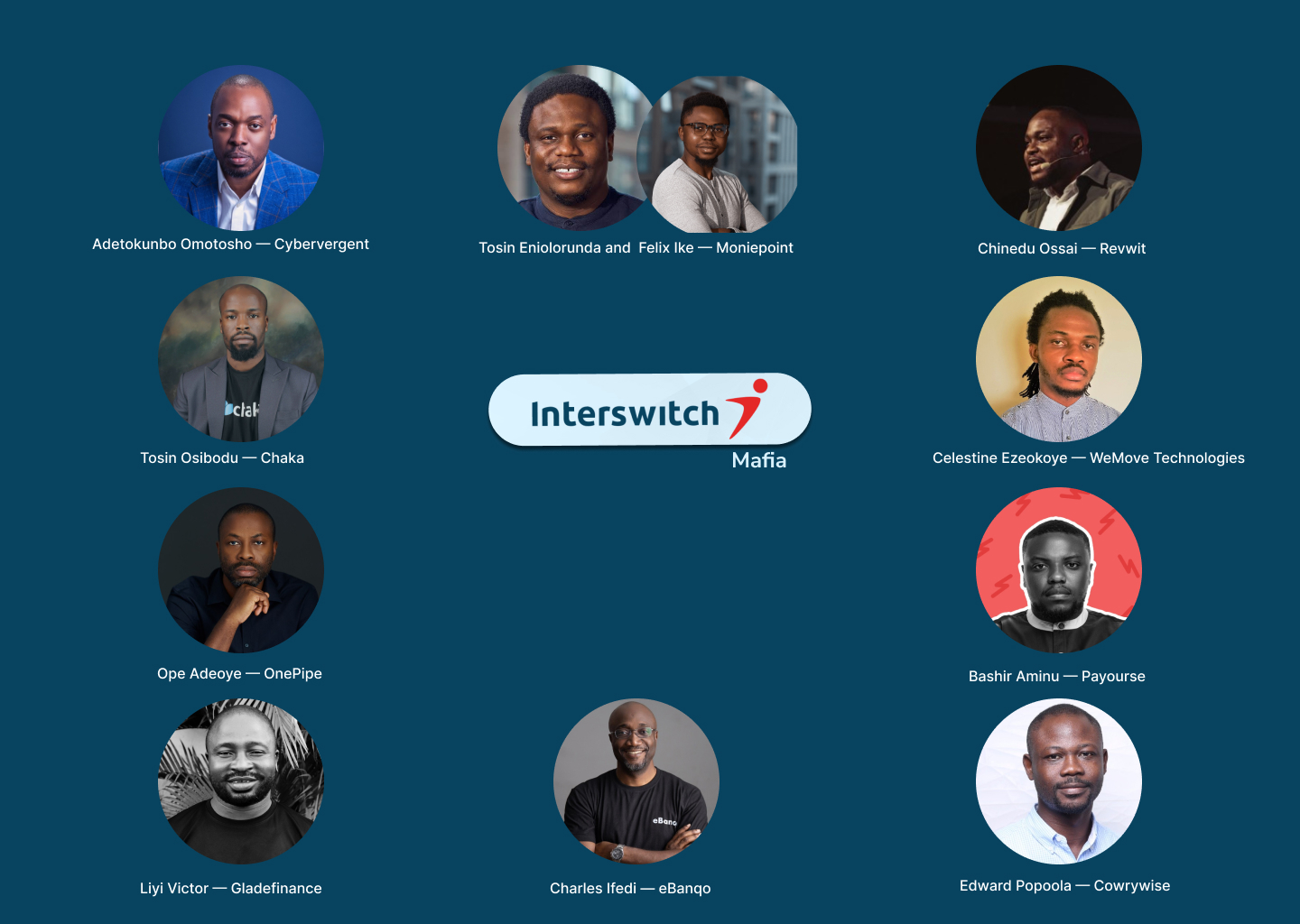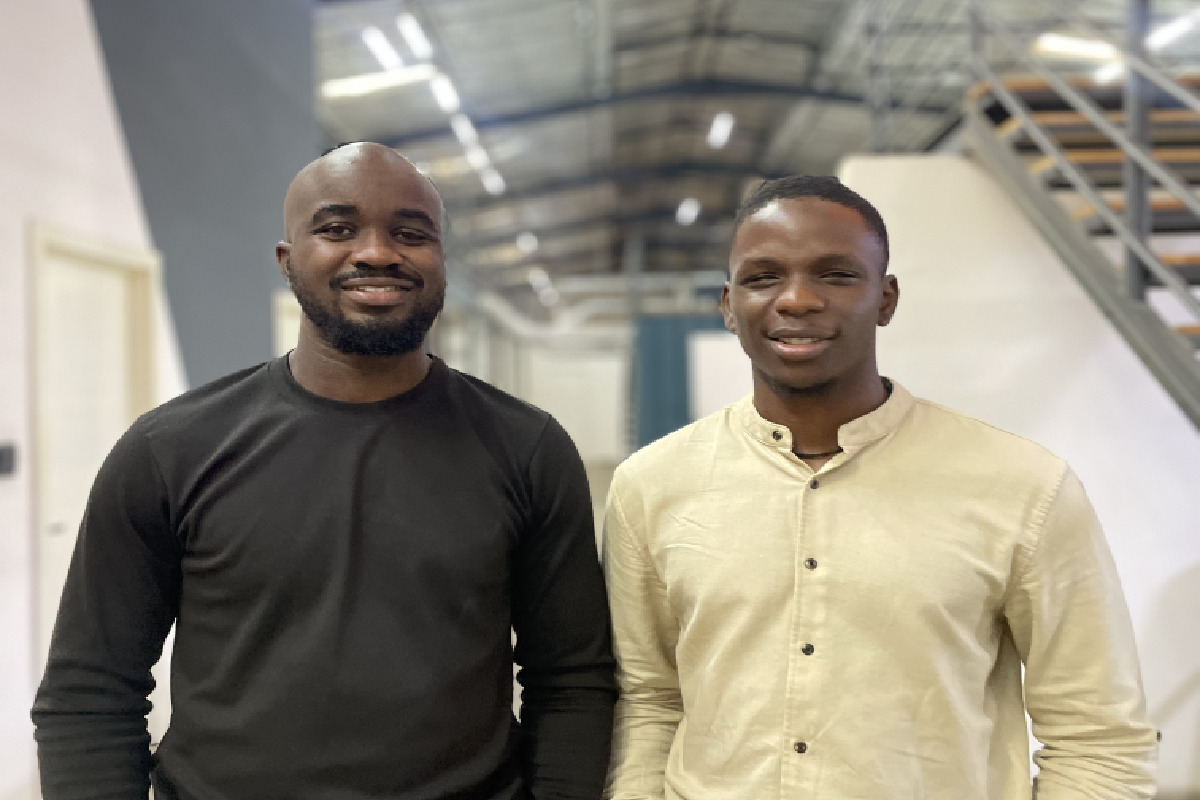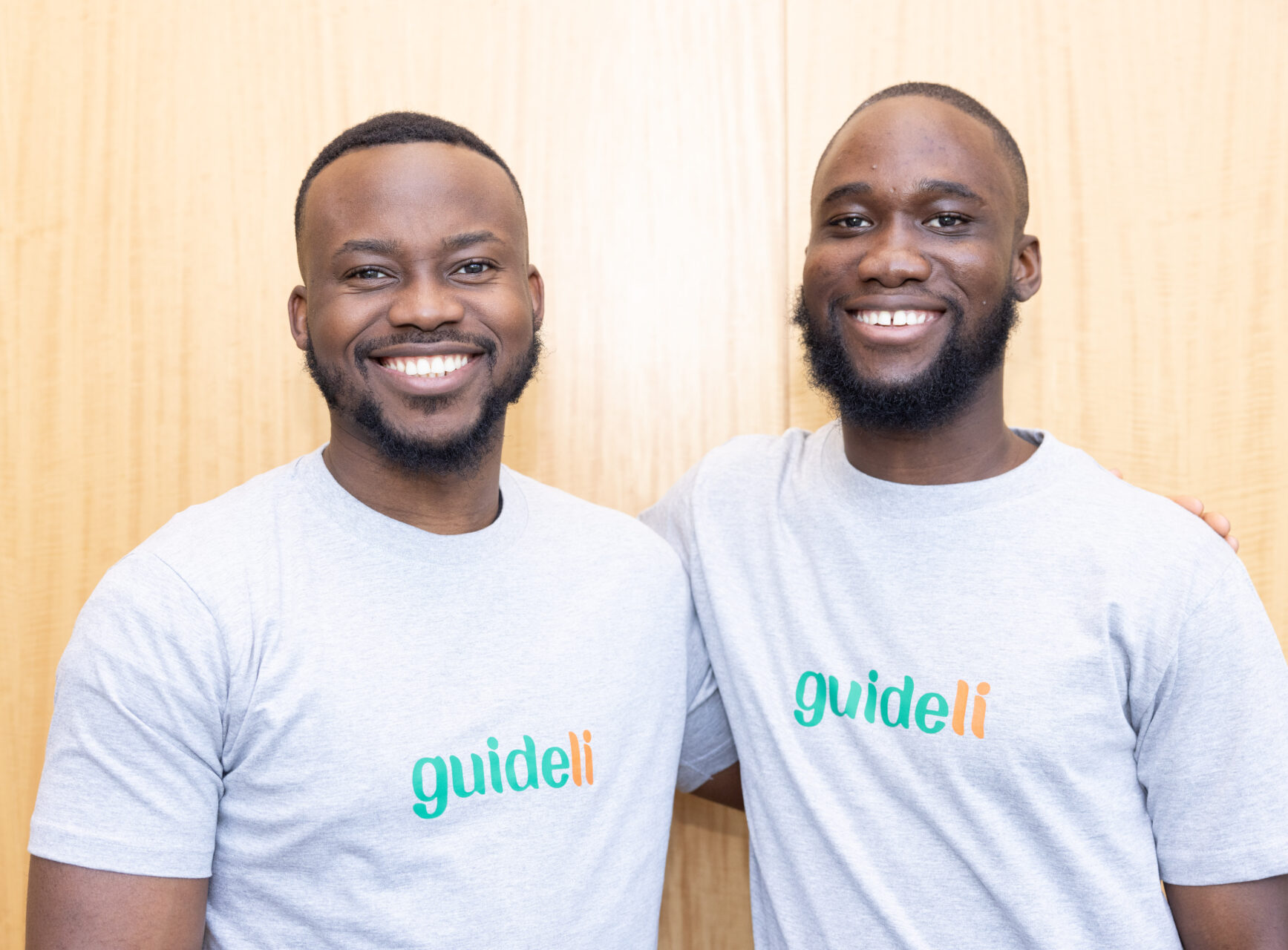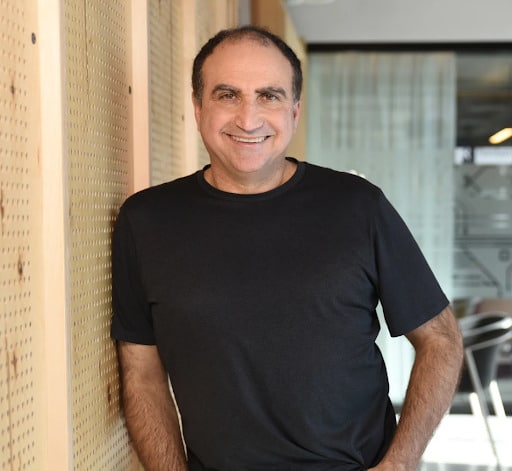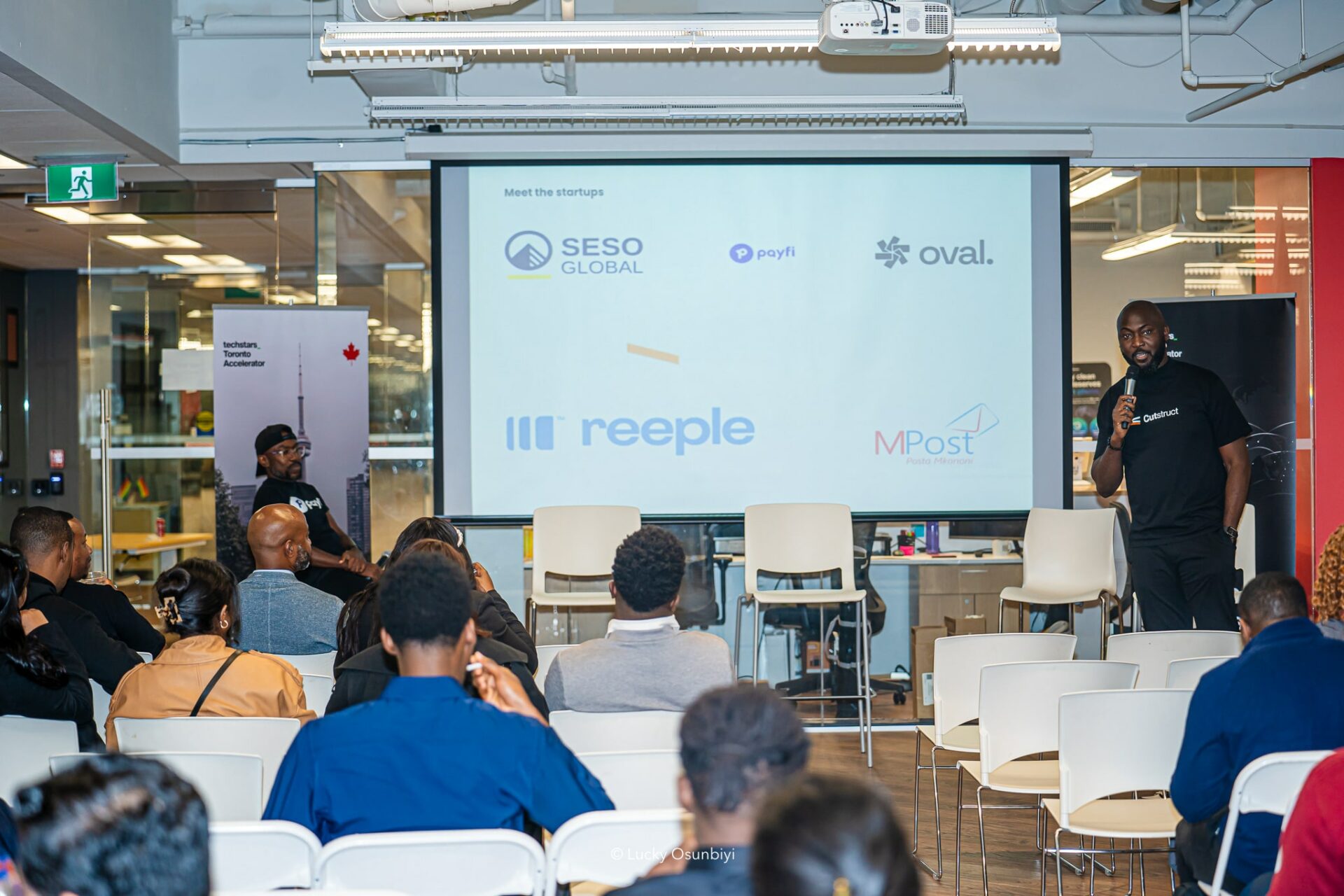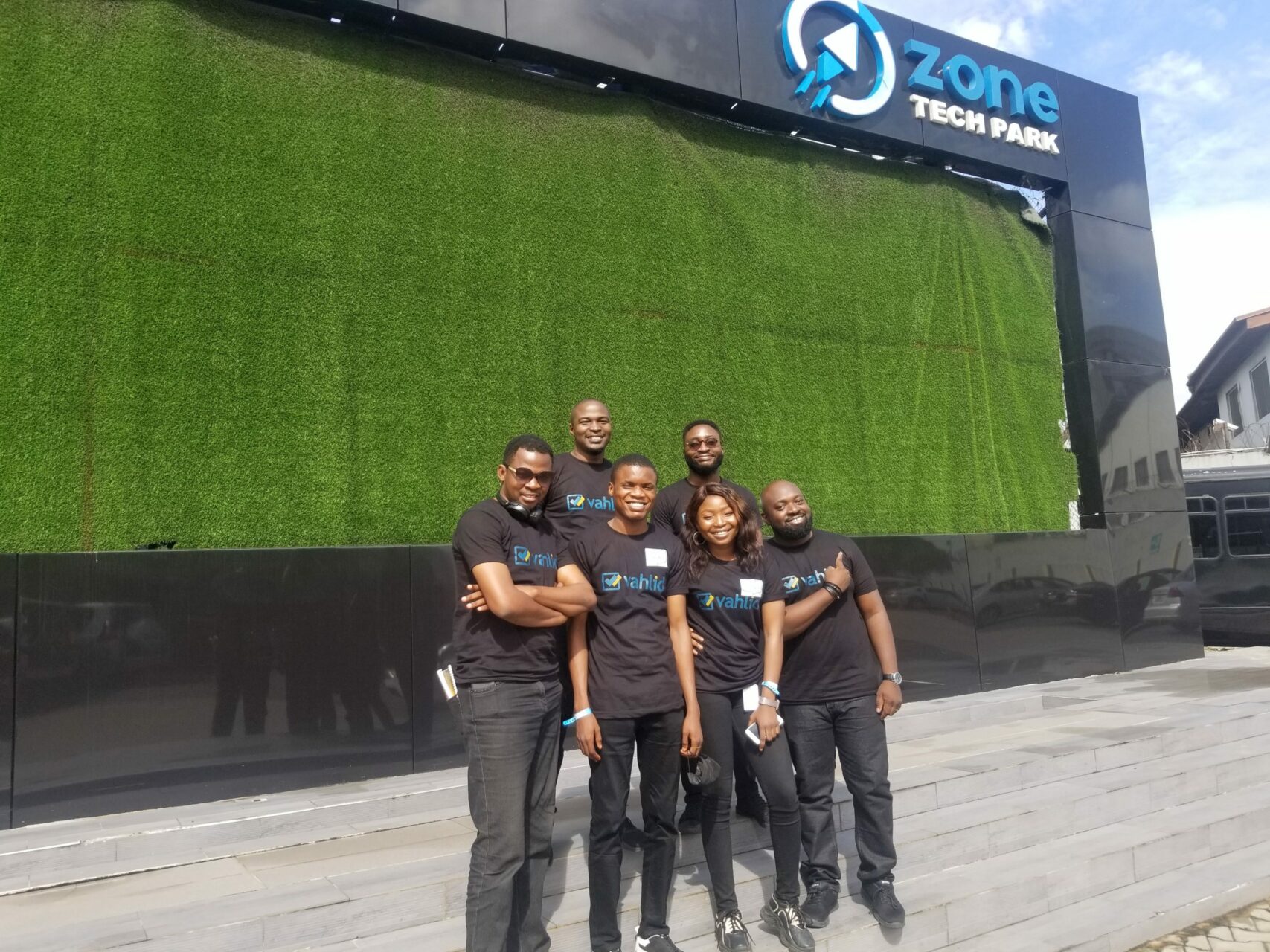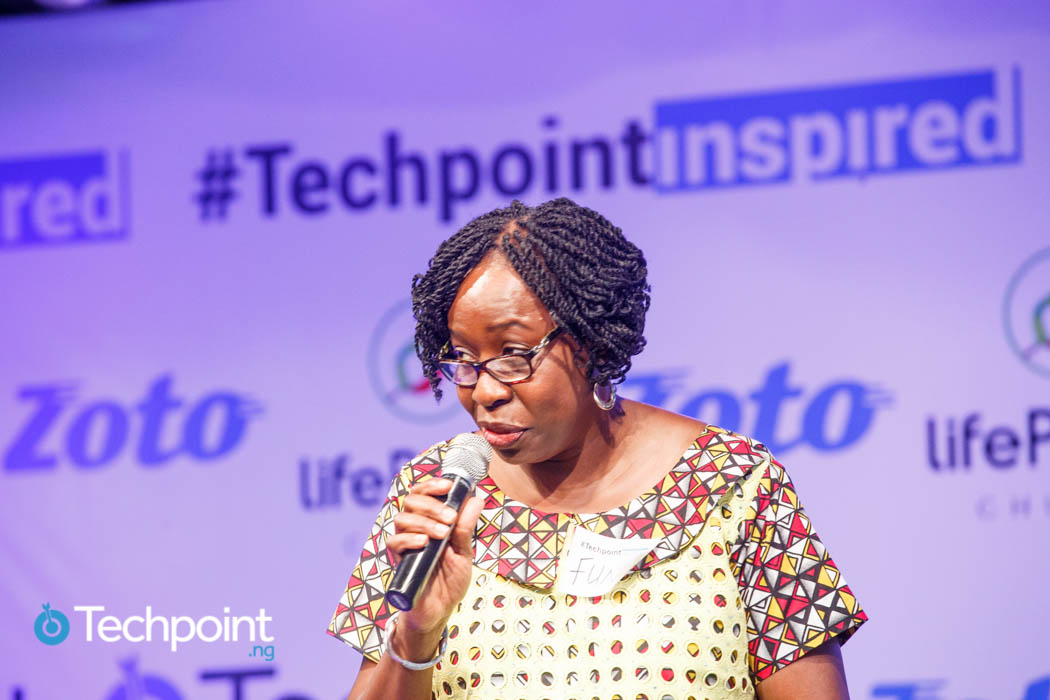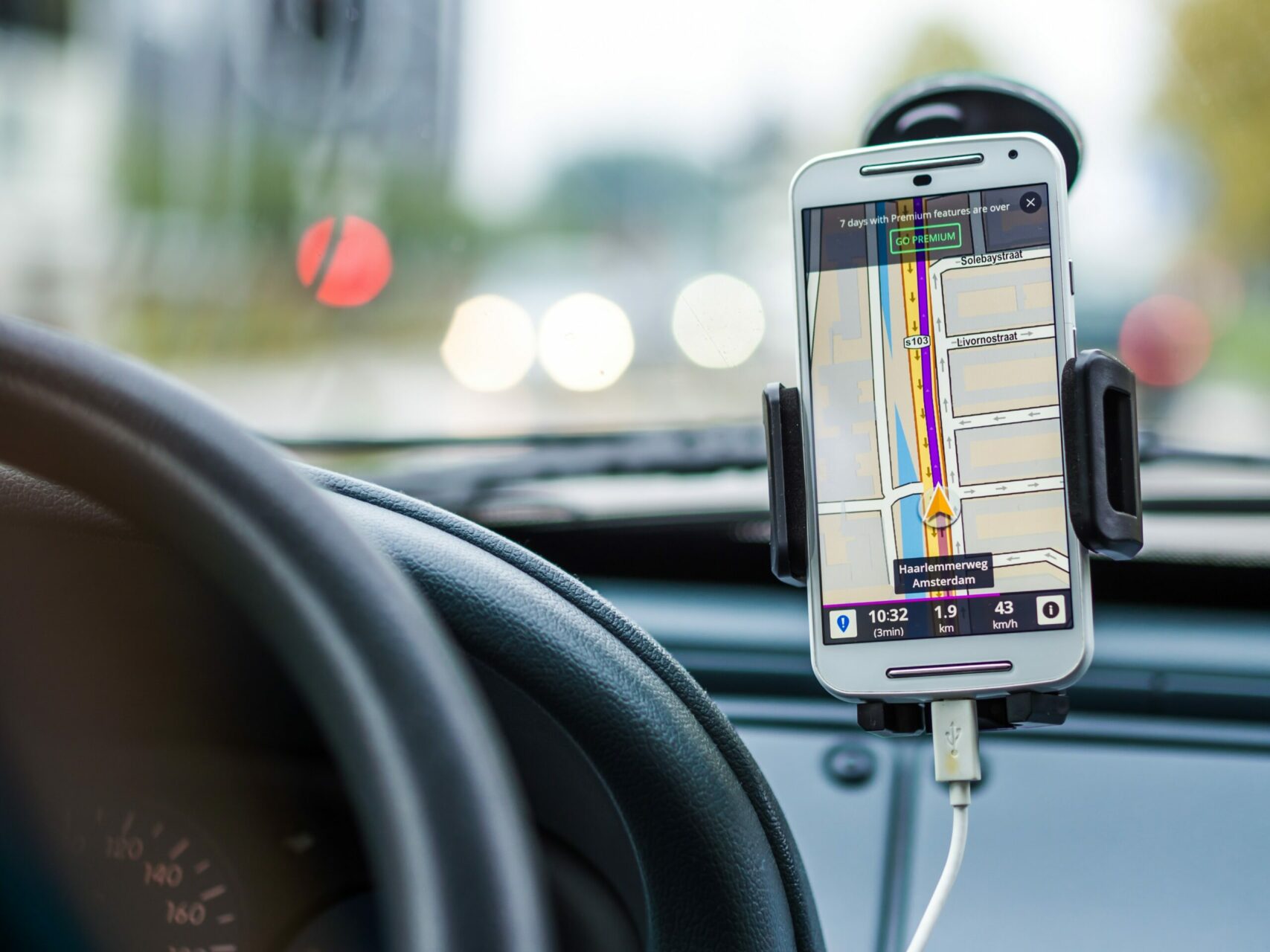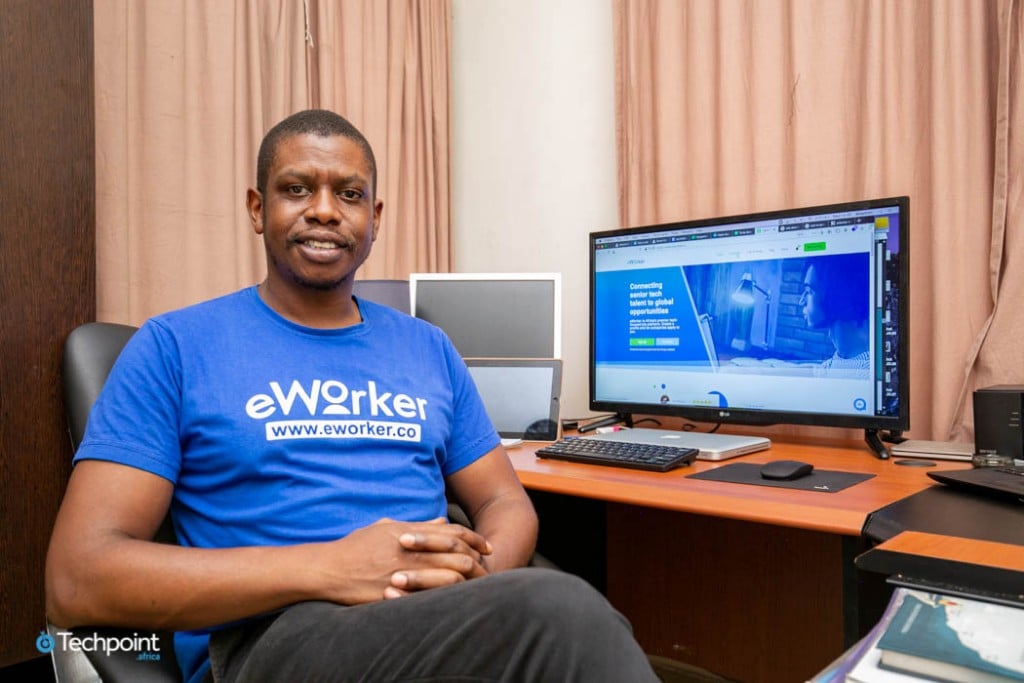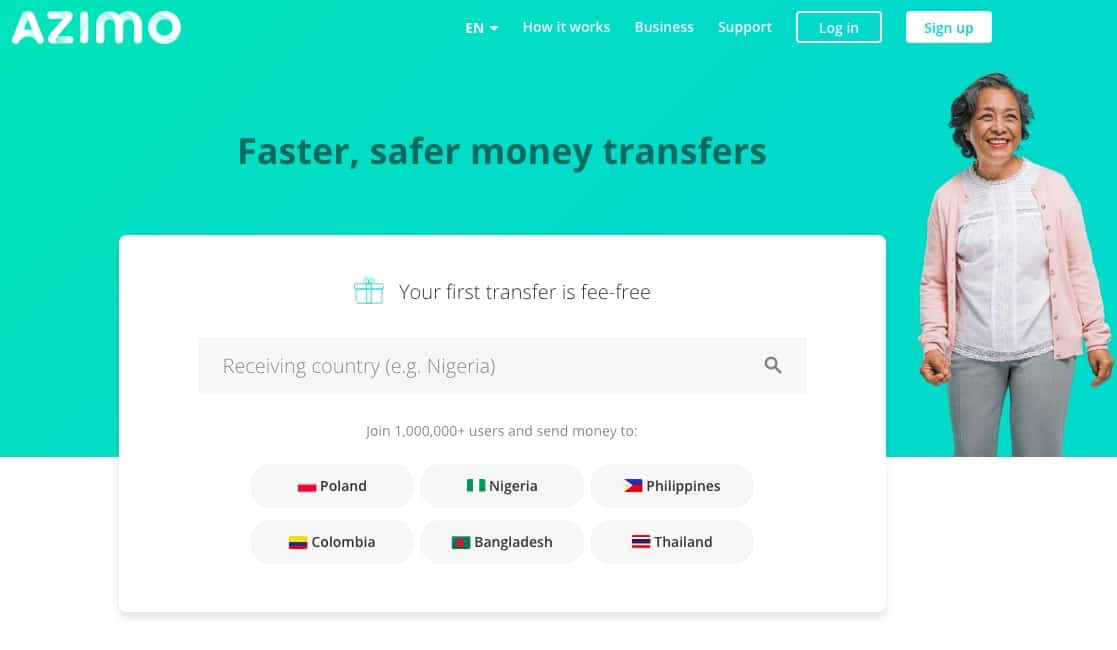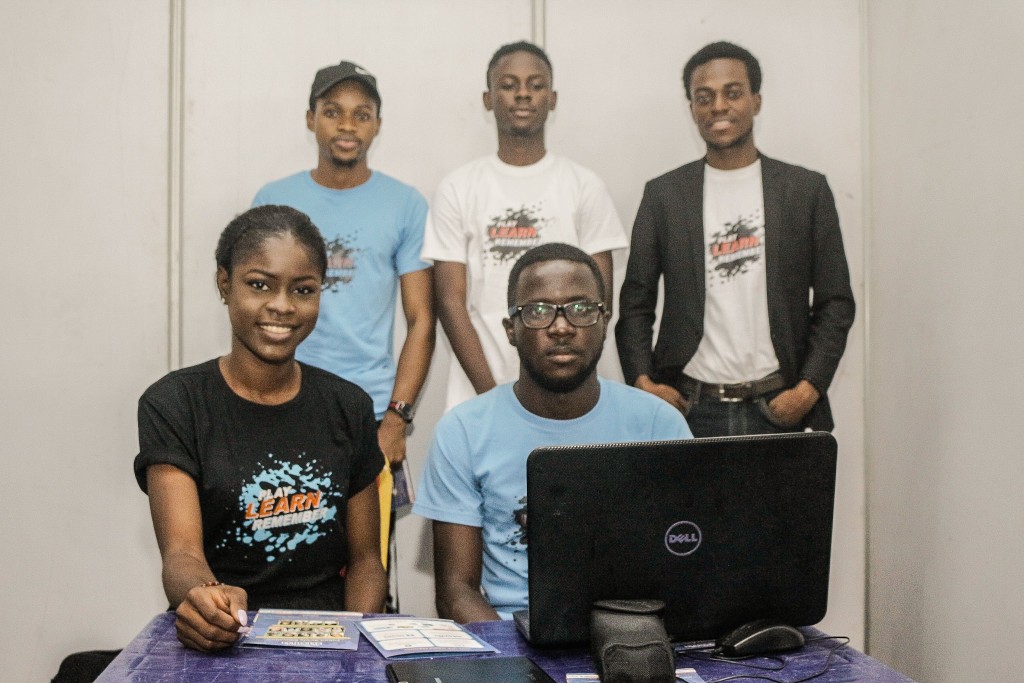The Nigerian educational system has been ailing for years; consequently, the country has recorded poor results in the West African Senior School Certificate Examination (WASSCE) in recent years.
With the pandemic, it might worsen as students haven't learnt much because of the lockdowns.
"The truth of the matter is that our learning is broken. Did you know that in the last decade, an average of 72% of Nigeria’s secondary school leavers have failed the school-leaving exam (WASSCE)?"
That's Tunji Adegbesan, the Founder and CEO of Gidi Mobile.
As a seasoned lecturer, Adegbesan worked in Lagos Business School, the graduate business school of the Pan-Atlantic University, Nigeria, from 2000 to 2014. There, he was first a senior lecturer of Strategy and Innovation, then a director of research and later, director, Centre for Competitiveness & Strategy.
Being the scholar that he is and seeing the flaw in the educational system, he started Gidi Mobile in 2012.
The problem Gidi Mobile is addressing
"Gidi Mobile's goal is to improve learning achievement in our flawed educational system," Adegbesan says to Techpoint Africa.
In simpler terms, this means when people go to study electronics engineering, for instance, they are able to access the syllabi for all the courses they take. If learning achievement has taken place, these people will know all about the topics in the syllabus by the time they graduate.
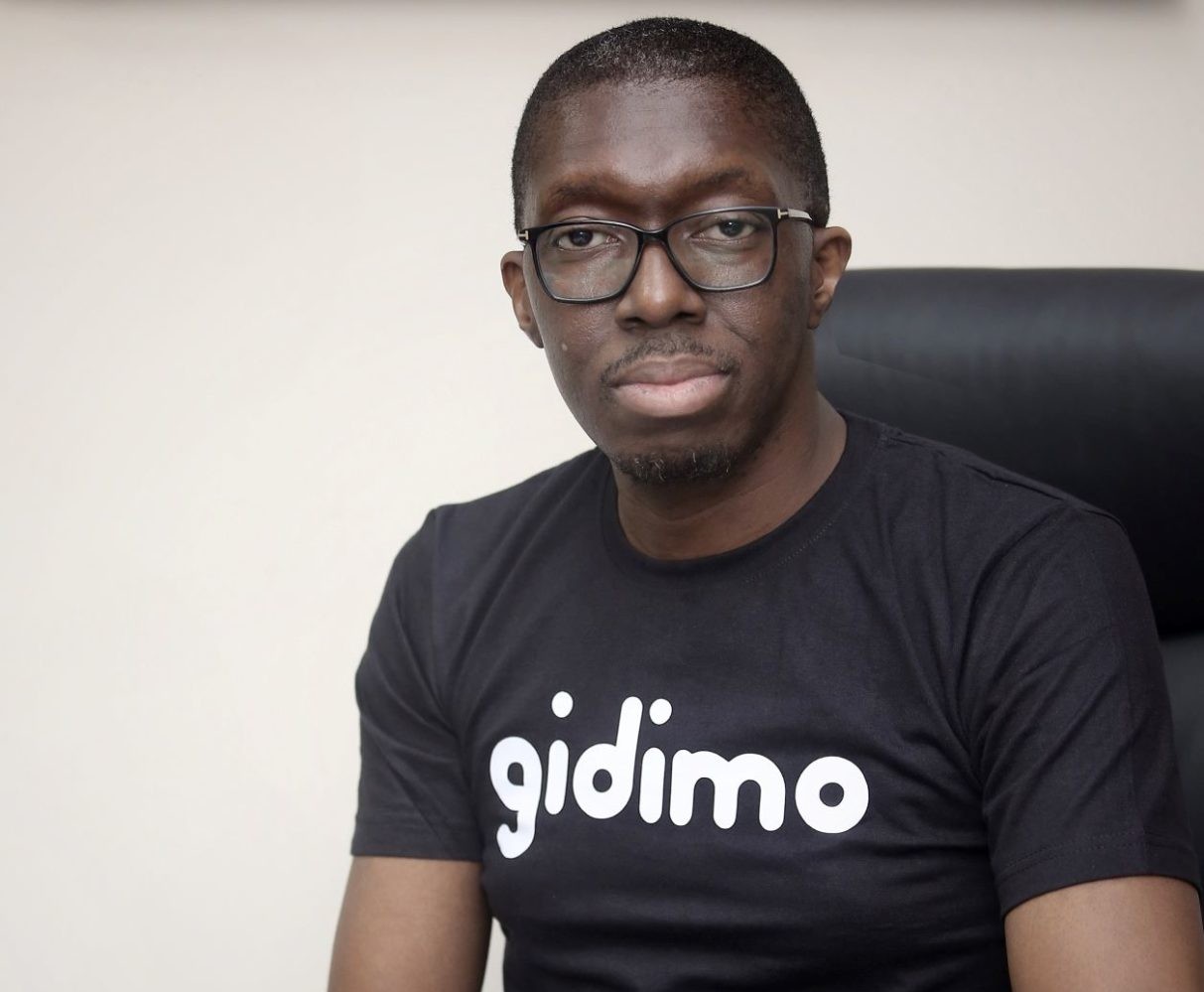
Nigeria's educational system has modelled students to appreciate placement examinations more than learning achievement. Most students in tertiary institutions resort to cramming, a memorisation technique that only lasts for the short term, than actual learning or studying when preparing for exams.

Join over 3,000 founders and investors
Give it a try, you can unsubscribe anytime. Privacy Policy.
Because of this, it can be argued that for most, actual learning stops during their K-12 (secondary school) days. This is when students prepare for placement exams like WAEC and JAMB (Joint Admissions and Matriculations Board) to get into universities.
The results of these exams are used to rank students before universities take their pick. Fighting for limited slots, about 20% of students who take these exams enter the university each year.
But according to Adegbesan, the question is did the admitted students get in because they learnt the secondary school syllabus or because they got high scores?
It's usually the latter.
This is not discrediting the few students who actually study the syllabus and come out with great scores. But Nigeria's placement exams are known to have several patterns with which they set their questions and when students study and know these patterns, they are able to do well.
And for Adegbesan, this defeats the purpose of learning.
"Nigeria is unlike Finland that has a high educational and learning achievement. But if we neglect the basis for long, the nation will suffer if students who go through secondary school and university don't know what they ought to."
Describing Gidi Mobile as a learning company which officially launched in 2012, Adegbesan says its main aim is to help students and professionals to focus on actual learning rather than placement. For him, placement is a short-term fix while the long-term fix is what the person knows.
gidimo: One of Gidi Mobile's answer to the learning problem
But if you really want to address learning achievement, how do you do it? For Gidi Mobile, this is done by applying behavioural science.
Adegbesan says this is centred on the learner's readiness, engagement with exercises, and ultimately, retention. And there is no better way to make it work other than via gamification.
The company's flagship product, gidimo School Success Program (SSP), is an advanced secondary school curriculum mastery platform. In other words, it helps learners to master their curriculum ahead of class schedules.
By using a gamification model, gidimo is able to bring a learner into a flow that is both easy and rewarding. Then, this lays the foundation for high engagement with its flagship game, the Land of Kyrion.
The Land of Kyrion is a learning game with over 54,000 syllabus-based Socratic learning questions and explanations, and 450 summaries across 14 subjects.
In the game, the job of the learner, who is first a Citizen, is to move up the ladder to become a Knight, a Consul, and then a Master. Furthermore, they are to conquer 13 kingdoms in order to become a Grandmaster.
This qualifies the learner to be a part of the "Grandmaster Assembly" at the end of the school session where the top 10 Grandmasters will be taken on a Grandmasters tour to Oxford, Cambridge, MIT, Harvard, and Silicon Valley.
"When I say this to a learner, he or she gains interest almost immediately. From being inquisitive on what the Land of Kyrion is, the student can complete tasks, understand a subject more efficiently than the traditional method of reading," Adegbesan says enthusiastically.
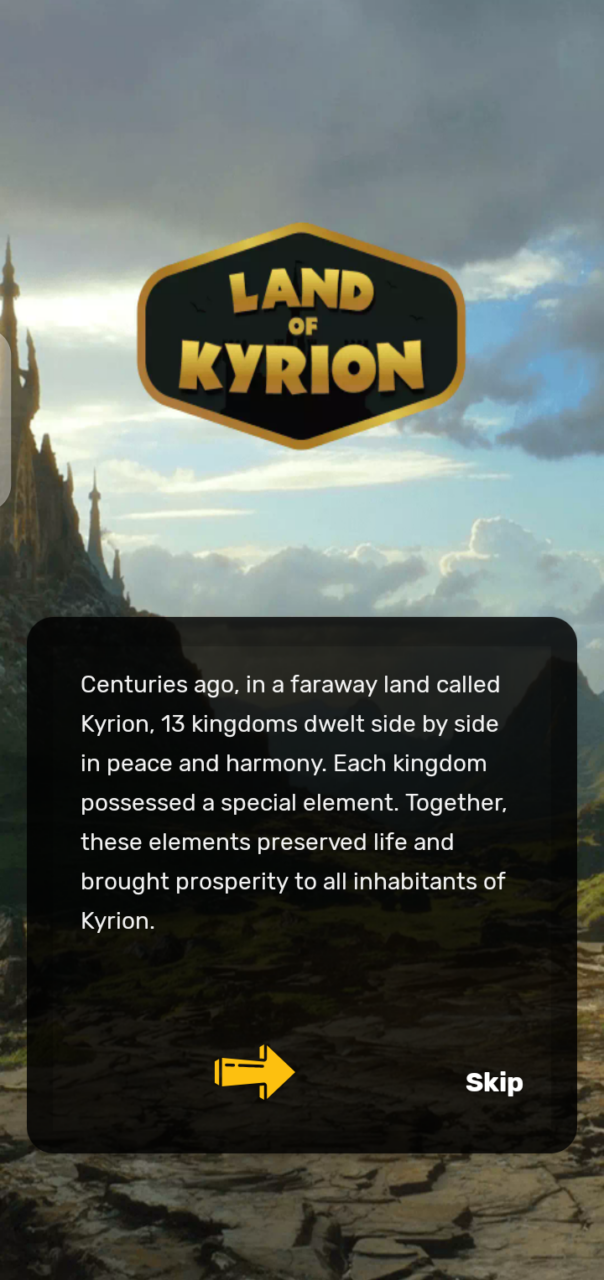
This inquisitiveness leads them to compete against one another to progress to the next stages in the Land of Kyrion. They battle on topics like "Acids, Bases, and Salts" in Chemistry, for instance, to see who comes out tops.
"Our product objective is to make it fun and easy to learn anything on the go."
Adegbesan believes this engagement process where learners engage by training and battles helps them to recall under pressure and also improves the learner's long-term memory.
The company claims its gidimo SSP product has an average curriculum completion rate of 90%, superseding alternative e-learning platforms where 11%-18% completion rates are standard.
Scaling the company across Africa and Asia
Up until this year, gidimo SSP was a free product. However, the K-12 learners were used for brand engagement of the company's other product: iLearner. And as a corporate learning programme, iLearner is what brings in most of the company's revenue.
Apparently, the K-12 learners were used to drive brand engagement of partners brands and that was the company's main revenue source at the time.
When Gidi Mobile piloted the iLearner product, it had about 85,000 K-12 learners on gidimo SSP. Doing battle on the platform, brands with products pertaining to that age-grade would promote them when gidimo asks the learners questions relating to the said product.
But they soon got to find out how tricky it was to scale the model effectively. This influenced the company's decision to make gidimo SSP a freemium product.
The go-to-market strategy for the freemium product is done either by approaching a school to pay for all its learners or talking with parents from a particular school who then decide if they want to subscribe for their children.
However, it is still free for learners in rural areas.
Adegbesan tells us this is because of the $1 million grant the company received from Google after taking part in its Launchpad programme in 2017.
This was when Gidi Mobile struggled with growth as well as revenue. So when Google offered the grant to take the product to economically disadvantaged people in the country, it was an opportunity the company couldn't pass on.
Having established products in the K-12 and corporate segments, the company is looking to launch products for undergraduates, micro-SMEs, and vocational learners.
"Our vocational product is still in works and is not yet out. But the micro-SME product which is white-label is out already but we'll be launching publicly in January."
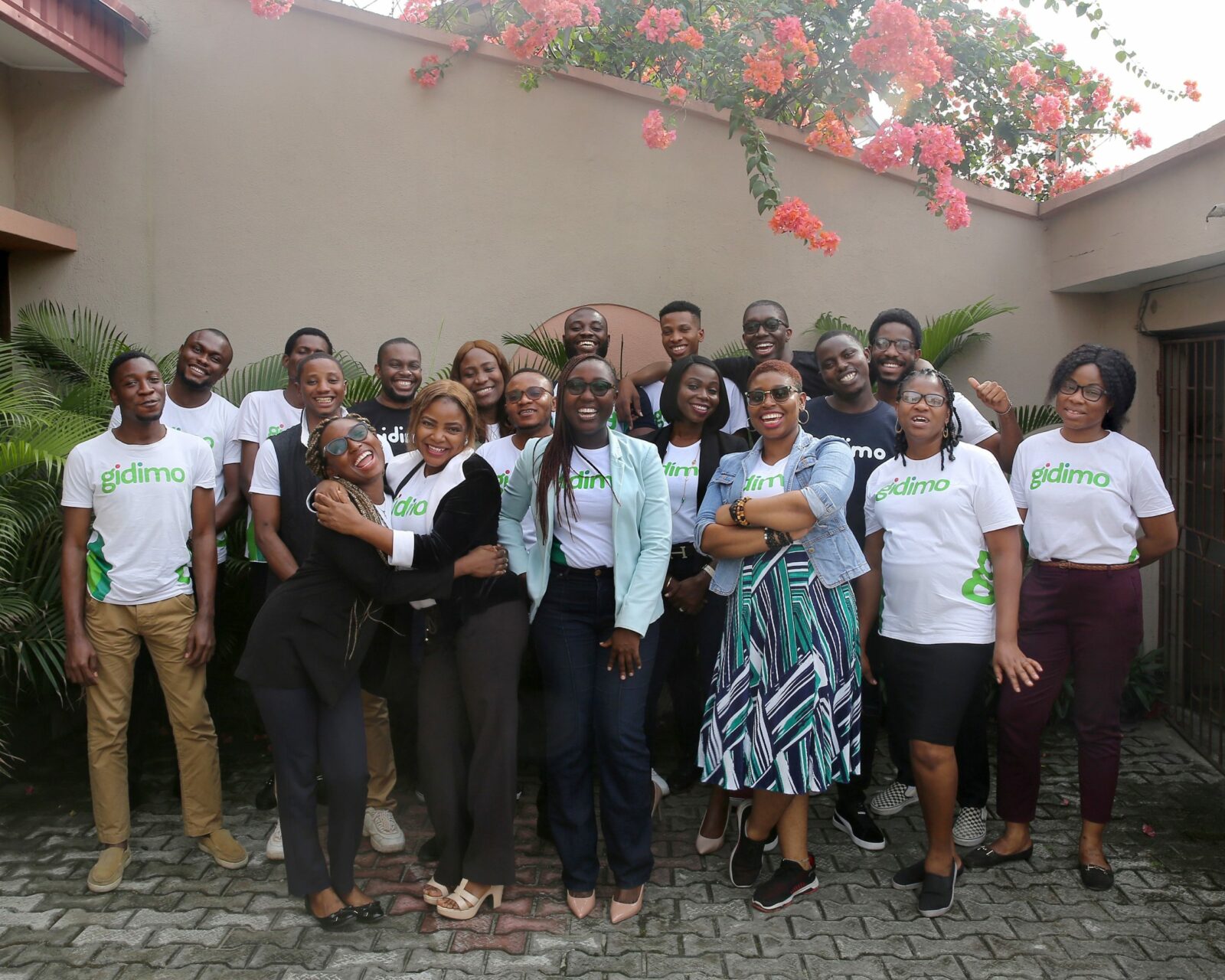
Similarly, the product will be targeted at SMEs in Nigeria and India, the two countries where gidimo SSP has a presence.
Now with 365,000 onboarded gidimo learners across these countries, a number the CEO believes will exceed 400,000 by the end of the year, Gidi Mobile is scaling rapidly.
According to him, Gidi Mobile has plans to expand to other developing markets (Kenya, Ghana, South Africa, Bangladesh) in the coming months. Therefore, it's raising significant capital in a round to be completed this year for this effort.
For gidimo, international expansion affords the opportunity to have one million learners on its platform, an achievement Adegbesan says will make the company's work worthwhile. That, and its mission of using learning to create livelihoods at an unprecedented scale.
"With time, people will get to know about gidimo as a brand that cares about learning and learners," he says.
Featured image: Tunji Adegbesan (Founder and CEO, Gidi Mobile) [right] https://zp-pdl.com/emergency-payday-loans.php https://www.zp-pdl.com http://www.otc-certified-store.com/eye-care-medicine-usa.html www.zp-pdl.com быстро займ воронежзайм петровичзайм на киви мгновенно

